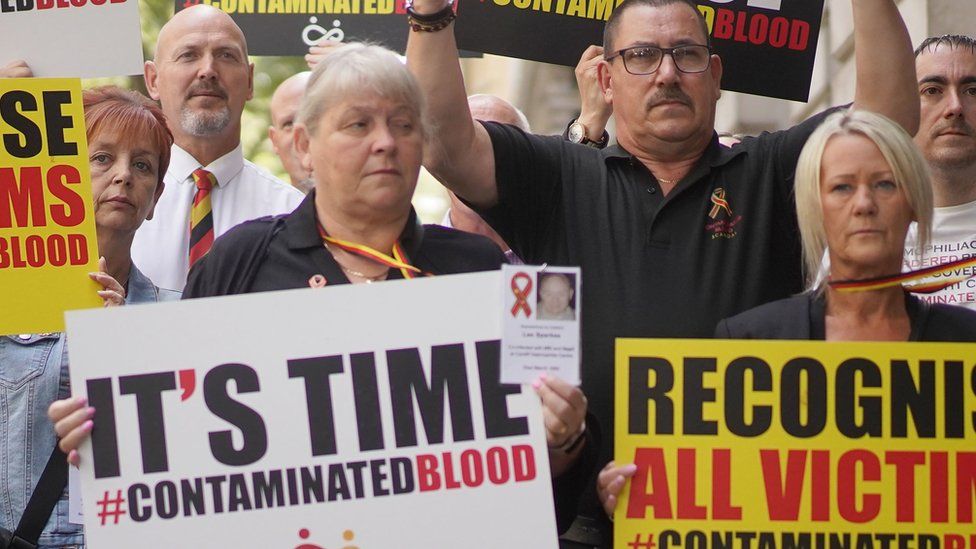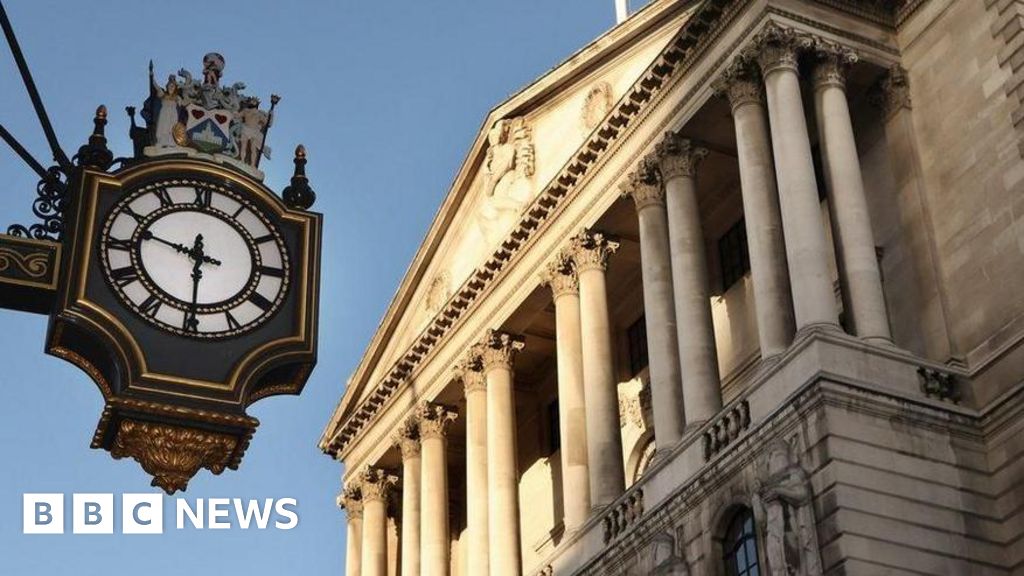ARTICLE AD BOX
 Image source, PA Media
Image source, PA Media
Campaigners for a compensation scheme gathered in London earlier this year
By Sam Francis
Political reporter, BBC News
Campaigners warn that the government will be "on the wrong side of history" if it rejects a new compensation scheme for NHS infected blood scandal victims.
Thousands died after being treated with contaminated blood products in the 1970s and 1980s.
MPs backed plans to set up a new compensation scheme, following a rebellion on Monday by Tory MPs.
The Haemophilia Society said a new scheme can be ready by the end of the year if there was the "political will".
Chairman of the Haemophilia Society, Clive Smith, said campaigners have received only "warm words" while the government worked "at a snail's pace" to compensate victims of the scandal.
Speaking on the BBC Radio 4's Today programme, Mr Smith said: "This has never been about politics. This has always been about justice and doing the right thing, and no government should hold out on this.
"They have had to be dragged kicking and screaming to do this, and Rishi Sunak and the Tory Party, I'm afraid, will be on the wrong side of history and future because it shouldn't have needed to come to this."
Downing Street said it was considering options after the vote in the Commons on Monday night, and will clarify its compensation plans in the coming weeks.
The prime minister's official spokesman said: "First and foremost, we have accepted the moral case for compensation and acknowledge justice needs to be delivered for victims.
"This was an appalling tragedy. We certainly understand the strength of feeling."
Up to 30,000 people were given contaminated blood products in the 1970s and 80s, leading to the deaths of more than 3,000 people after contracting HIV or hepatitis C.
The government has said there is a moral case for compensating victims of the scandal, and has made the first interim payments of £100,000 each to 4,000 surviving victims and bereaved partners.
Under the initial scheme only victims themselves or bereaved partners can receive an interim payment.
The government had said it wanted to wait for the infected blood inquiry to conclude before setting up a full scheme.
'Long overdue'
Earlier this year, Sir Brian Langstaff, who is chairing the inquiry, called for a full compensation scheme to be set up immediately. He also said it should be widened to include orphaned children and parents who lost children.
Sir Brian's inquiry had been due to publish a final report in November, but this has been pushed back to March 2024.
In an attempt to speed up efforts to compensate victims, Labour's Dame Diana Johnson - who leads the All-Party Parliamentary group on Haemophilia and Contaminated Blood - put forward an amendment to the Victims and Prisoners Bill.
The amendment forces the government to create a new body to distribute compensation for the scheme within three months of the bill becoming law.
Rebel Tory MPs backed Dame Diana's amendment, delivering Rishi Sunak his first defeat as prime minister. The legislation now needs to be approved by the House of Lords before becoming law.
Des Collins, senior partner of Collins Solicitors, which represents some 1,500 victims and their families, added: "The government has finally been forced to agree to act - both to deliver on establishing a body to oversee proper compensation for victims and their families and to respond swiftly to the much-anticipated final report due from Sir Brian Langstaff's inquiry next March.
"On the face of it the government is now committed to meeting its long-overdue responsibilities.
"Let's only hope there is no more obfuscation or creative delay tactics when the government announces its promised next steps."

 1 year ago
33
1 year ago
33








 English (US) ·
English (US) ·